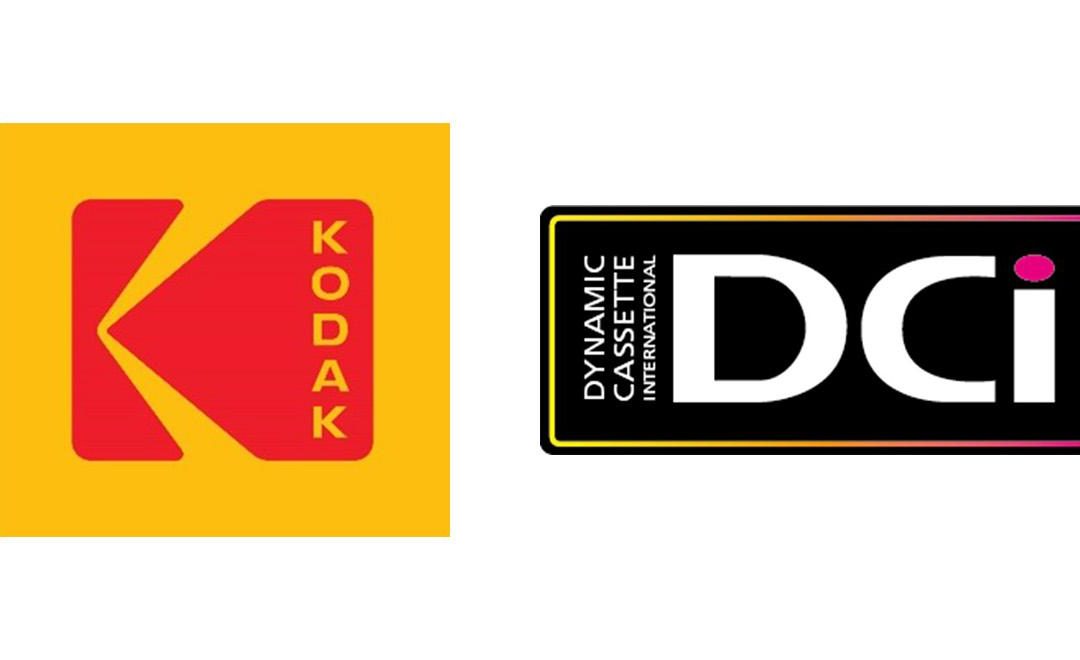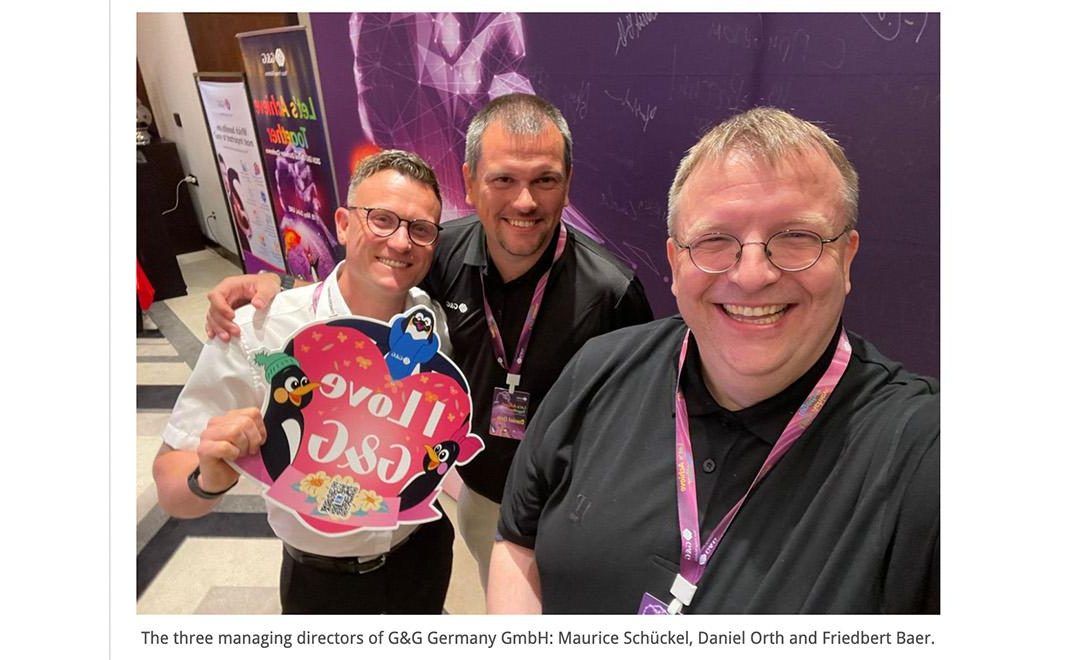
The Humberside institution’s EU-funded project will examine the effects of a circular economy.
A new four-year research project exploring the circular economy, led by the University of Hull, in Northern England, has been announced. The project, funded through the European Union’s Horizon 2020 programme, and named Cresting, will examine the impact of a Europe-wide circular economy and business, government, the environment, and the economy.
The online journal of the Chartered Institution of Wastes Management (CIWM) reports that fifteen early career researchers will receive training in “cutting-edge analysis” of existing circular economy practices. They will then translate this assessment into lessons which will enable management of a transformation to a circular economy.
The researchers will be seconded to one or more partner organisations, to benefit from their first-hand experience of working to develop the circular economy from its own unique perspective.
The fifteen partner organisations, comprising companies involved in manufacturing, waste management, and IT solutions, are drawn from ten different countries worldwide. They include Hull City Council; Hull charity EMS Ltd; the Dutch Ministry of Infrastructure and the Environment; Nanjing University, China; and Ibadan University, Nigeria. Other universities involved in the project include those in Graz, Austria; Utrecht, the Netherlands; and Messina, Italy. The New University of Lisbon, in Portugal, and the University of Technology, Troyes, France, are also taking part.
The project will also examine to what extent these practices are already occurring in both the public and private sectors, and the implications of the circular economy on a socio-economic level.
“This is a major policy strategy within the EU around resource and recycling. It’s about changing the way things are designed so they are easier to recycle, last longer or are not made with toxic matter. This involves building new relationships between companies, governmental bodies and the public to find ways of being cleverer in the use of resources than we currently are,” the University of Hull’s Dr. Pauline Deutz, who is acting as project co-ordinator, said. “There could be enormous implications for the geographies of employment and economic development too, with new opportunities arising but others also disappearing.”
Deutz called the project “unique”, in that it was specifically looking at the implications. “There is a lot of research into separate components of building a circular economy, such as design and recycling, but far fewer people working on how they fit together and what these changes might mean to the economy or for society.”
She also drew a link to the impact on climate change of a circular economy, saying that “more attention needs to be paid to measuring the impacts of different approaches to resource efficiency.”
“The most appropriate option will vary for different materials and different locations,” Deutz explained. “There are potentially huge savings to be made in terms of money by using less resources, but there are also huge consequences in terms of helping the environment.”









